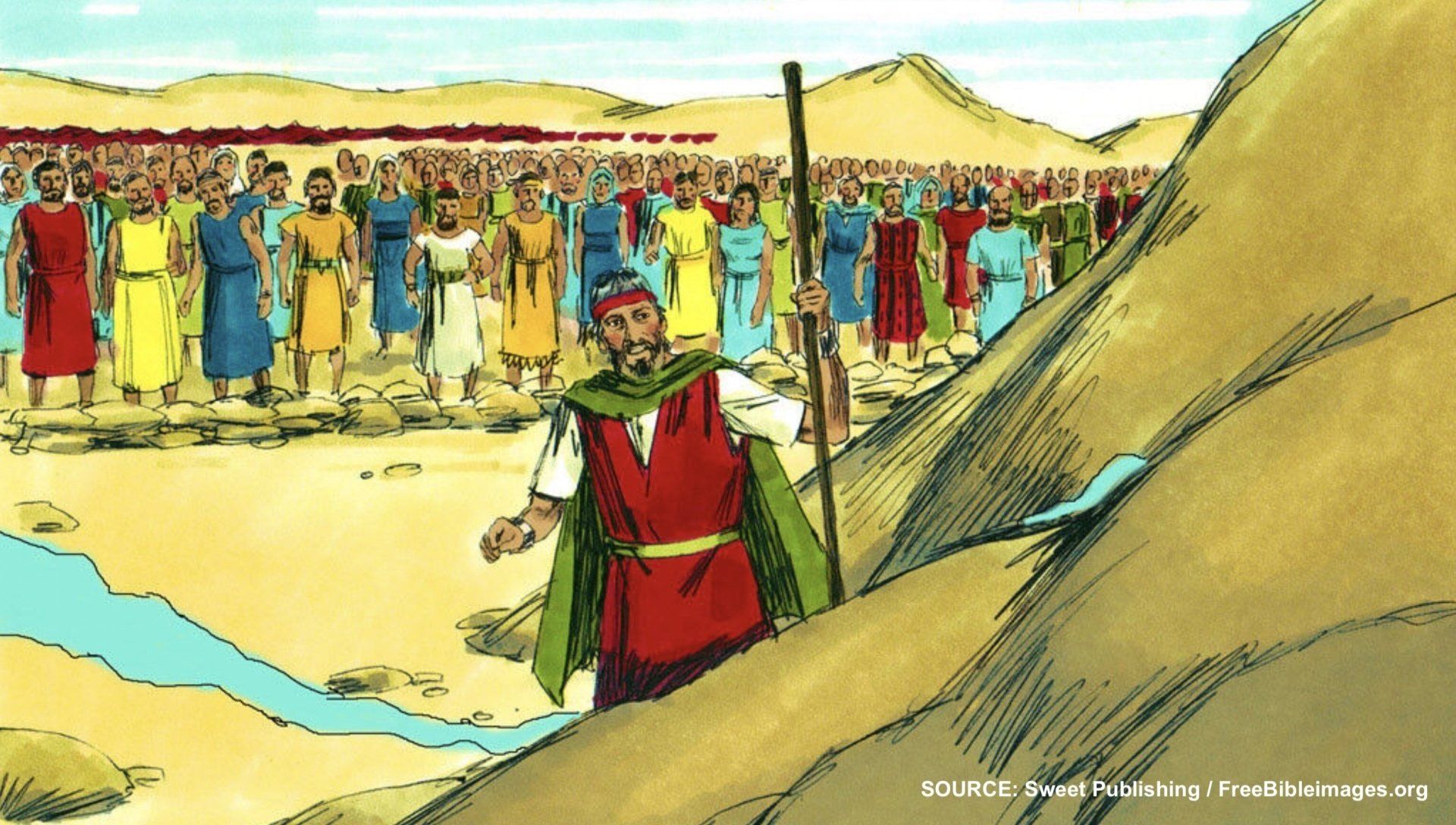Leadership Authority, Part 3
[This is my third post of ten in my “Vintage Wednesday” series on “Leadership Authority,” re-written/updated from a blogpost back in May of 2011.]
The third of Watchman Nee's Ten Commandments of Spiritual Authority states that:
3. The channel of delegated authority is responsible to God for how that authority is exercised.
As often seen in the Biblical narrative, authority wrongly exercised by one leads to another raised in his or her stead.
Although known as the meekest man on the earth, Moses gave way to frustration and anger, forfeiting the possibility of entering the Promised Land. He failed to speak to the rock when instructed by God to do so, choosing rather to strike it as he had done before. Eventually Joshua replaced him, taking on the responsibility of leading the people of Israel into Canaan, something Moses had both planned and longed to do.
Another biblical character—King Saul—became power hungry and consumed with self-preservation not long after his disobedience to God's commands communicated to him through the prophet Samuel. At that point, a young worshiper named David began his ascension toward the throne through a series of events. First, he was anointed by Samuel as a replacement to King Saul, and second, he initiated victories over Israel's enemies that put him on a direct collision course with Saul's kingship. When Saul attempted to kill David and protect his position, David was put in a number of situations in which he could have easily fulfilled what he knew was coming his way. By choosing not to take advantage of these opportunities and prematurely end Saul's reign (see 1 Samuel 24 and 26), David further proved his character and ability to handle power and authority.
Often the greatest enemy of tomorrow's success is today's success! If a leader is not careful, arrogance and pride set in, clouding his or her perspective on the source and ultimate basis of authority. A leader can begin to feel entitled to their position and authority and quickly spiral out of control. As stated in my prior post—“Leadership is a stewardship, it is temporary, and you're accountable.”















